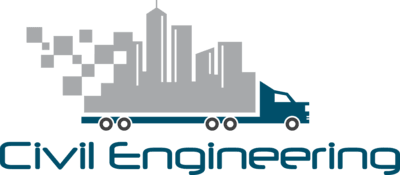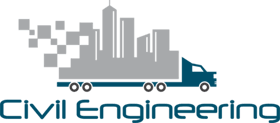Screw and bolt are extensively used in the manufacturing industry. Both of them are made of metal. They are used as an extremely thread fastener. However, there is some basic difference between these two fasteners.
Screw vs Bolt
Screw and bolt have several differences. In the following table, the main differences between screw and bolt are given:
| Screw | Bolt | |
|---|---|---|
| 1 | Screw takes no nut. | Bolt takes a nut in one side. |
| 2 | A screw is inserted without any holes. | Holes are required for inserting the bolt. |
| 3 | The screw is used with thread components. | Holes are used to assembling components. |
| 4 | A screw is called as a full thread. | Bolt is called as half thread. |
| 5 | Screw contains thread that is helical in shape. | Bolt contains thread that is spiral in shape. |
| 6 | Screw contains pointed shank. | Bolt doesn’t have any decreased shank. |
| 7 | A screw has no parallel section. | Bolt has a parallel section. |
| 8 | Screw gives less strength. | Bolt gives greater strength. |
| 9 | In a screw, torque is applied to the head. | In a bolt, torque isn’t applied to the thread. |
| 10 | Screw requires being turned. That’s why it does not stay in the same position. | Bolt is fixed at a single position. |
| 11 | A screw has no external thread except one head. | Bolt has an external thread at the lower end. |
| 12 | The screw needs screwdriver most of the time for tightening. | Bolt needs wrenches and spanners for tightening. |
| 13 | A screw is less reliable. | Bolt is more reliable. |
| 14 | A screw is used to fasten material by digging in. | Bolt is designed for insertion through holes in assembled parts. |
| 15 | Available sizes of the screw are small or medium. They don’t provide any large size. | Available sizes of the bolt are small or large. They don’t provide medium size. |
| 16 | Some example of screws are- wood machine screw, self-drilling screw, mating screw, set screw etc. | Some examples of bolts are- elevator bolt, lag bolt, timber bolt, stud bolt, plow bolt etc. |
| 17 | A screw has non-uniform cross-connection. | Bolt has a uniform-cross section. |
{adselite}

